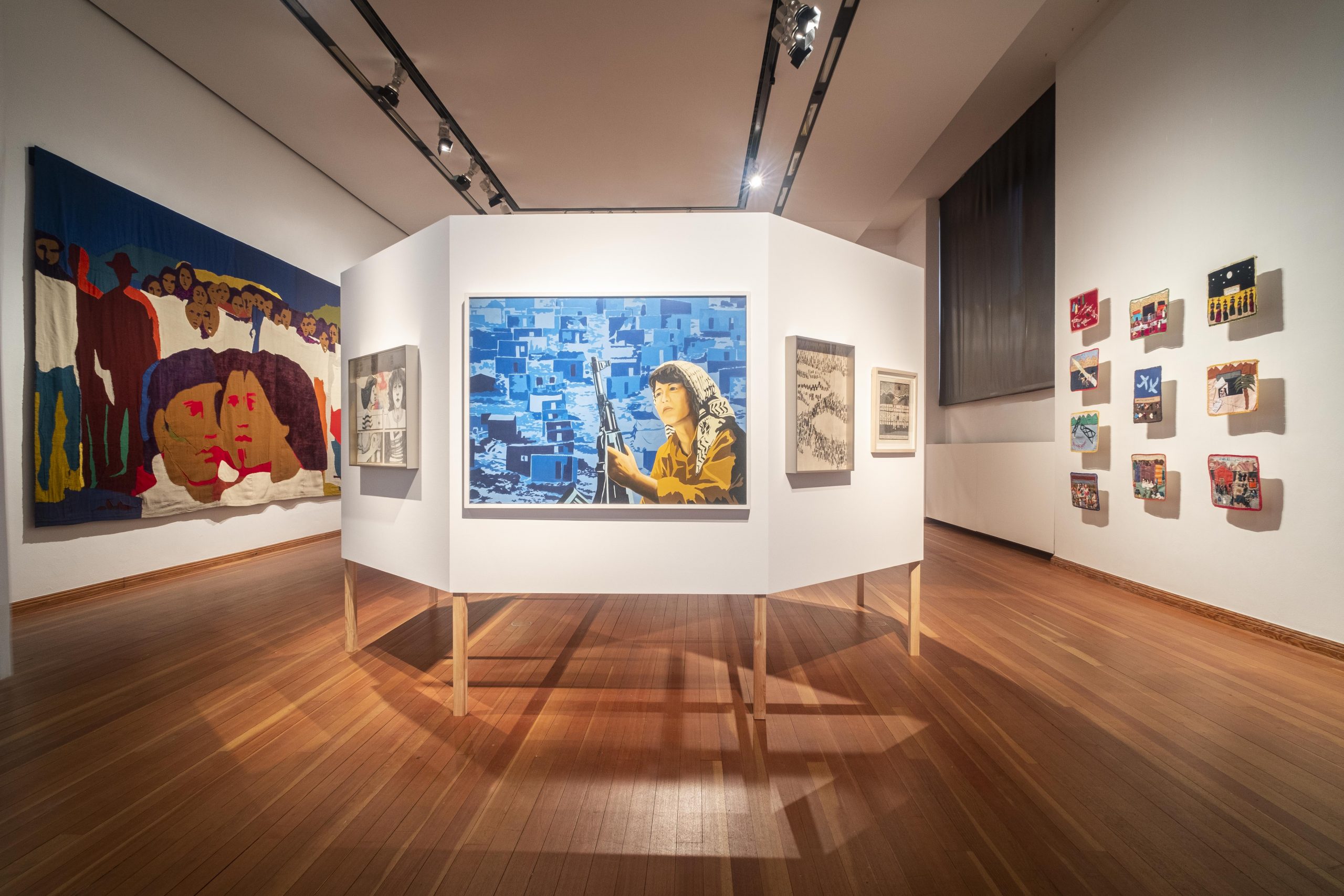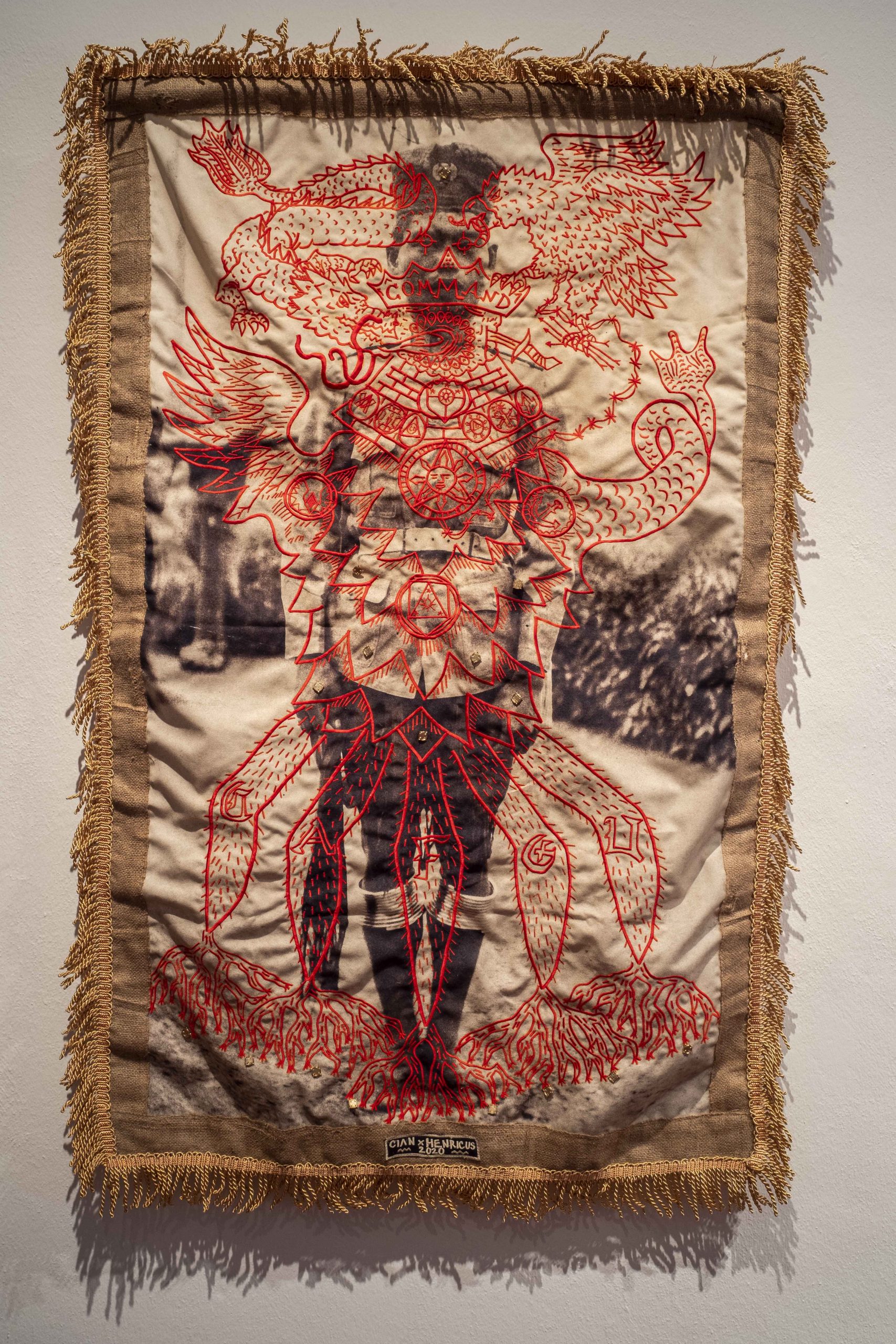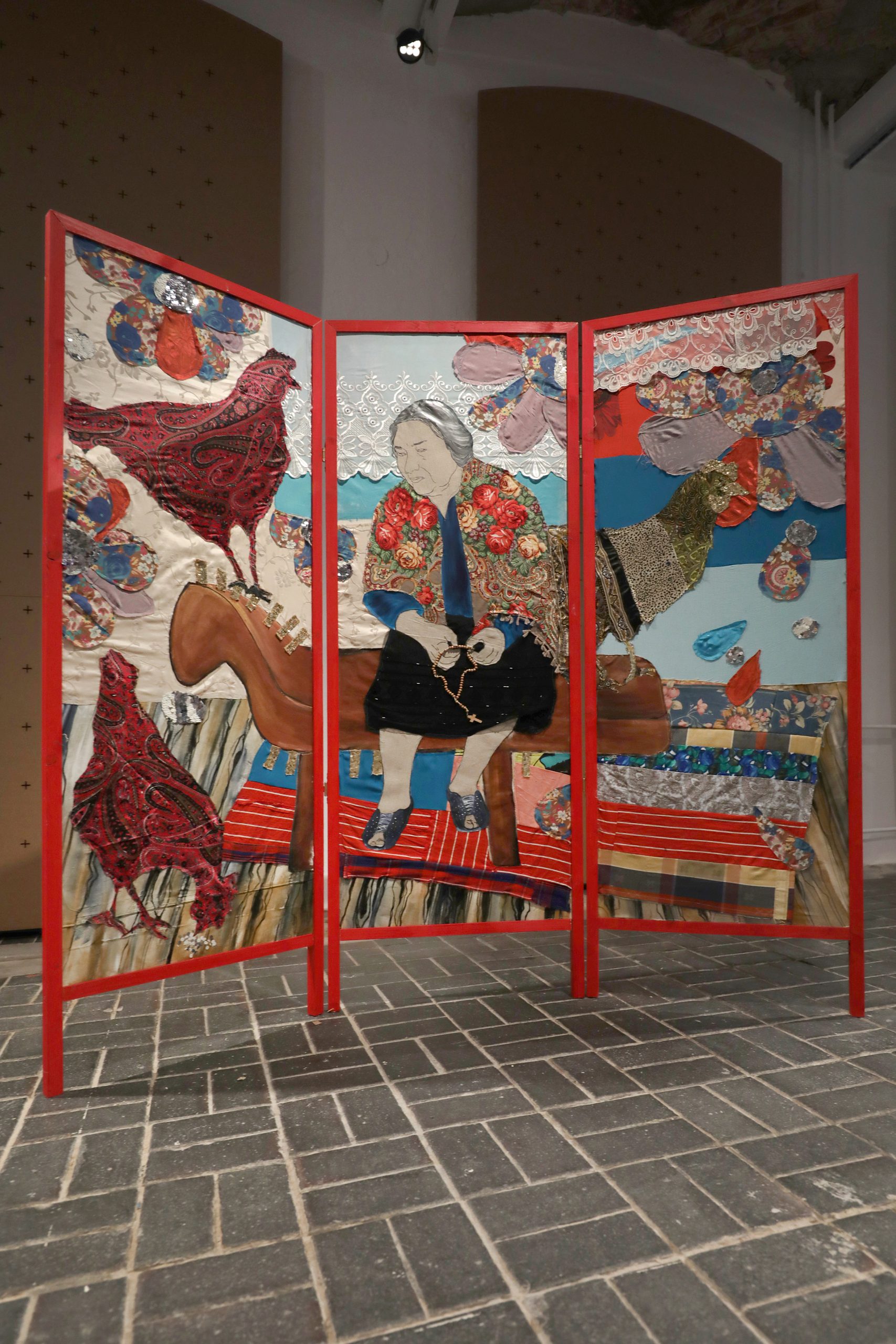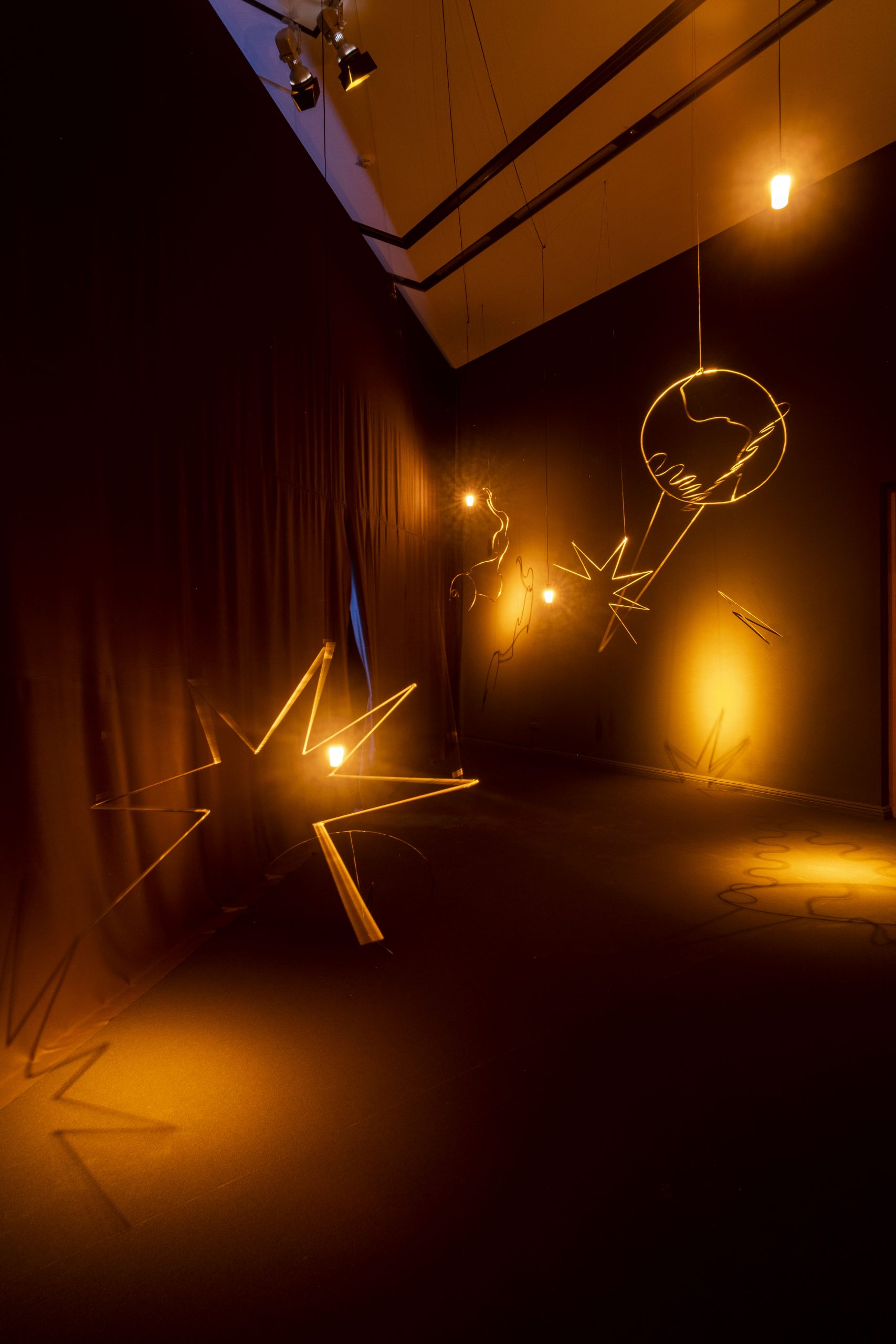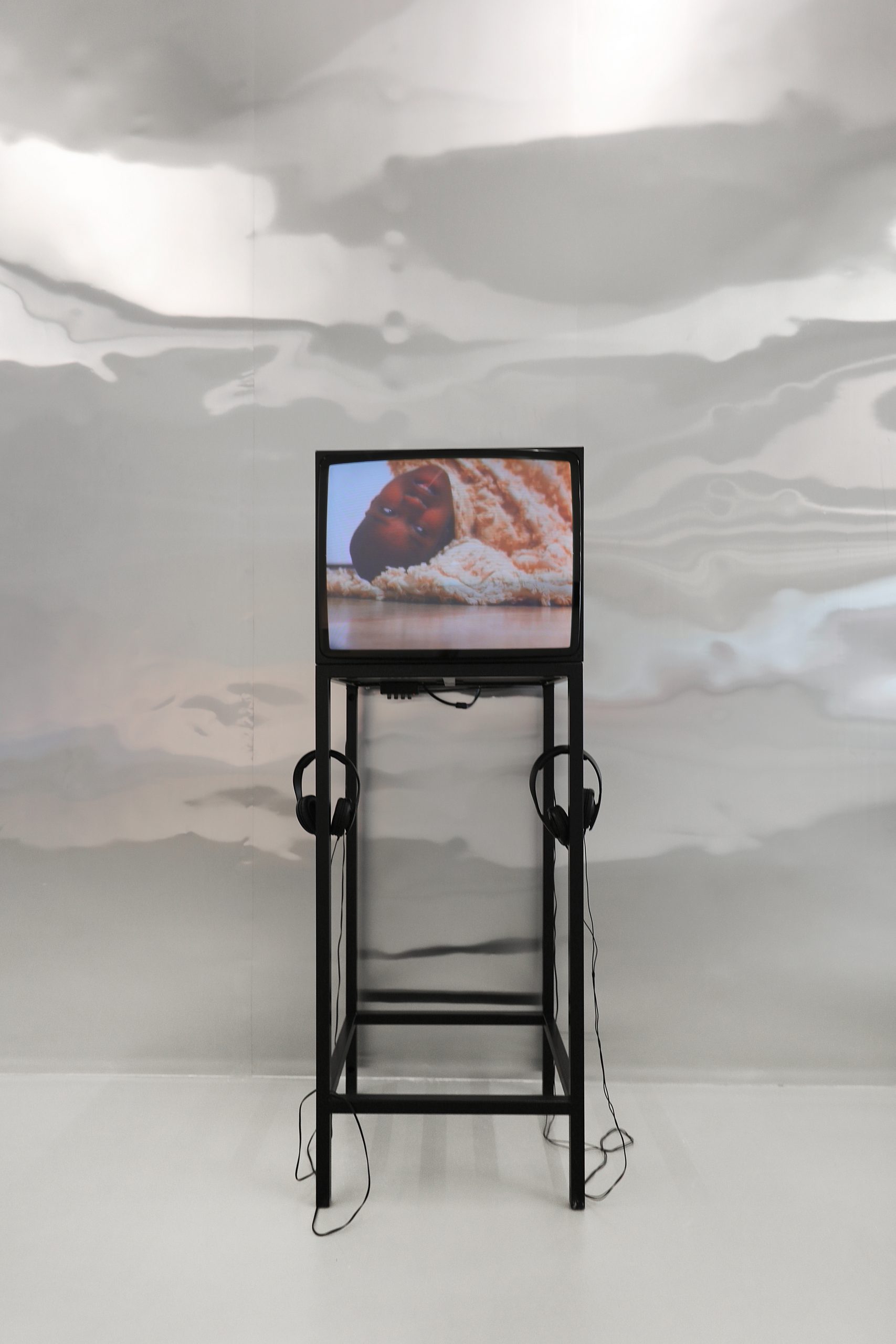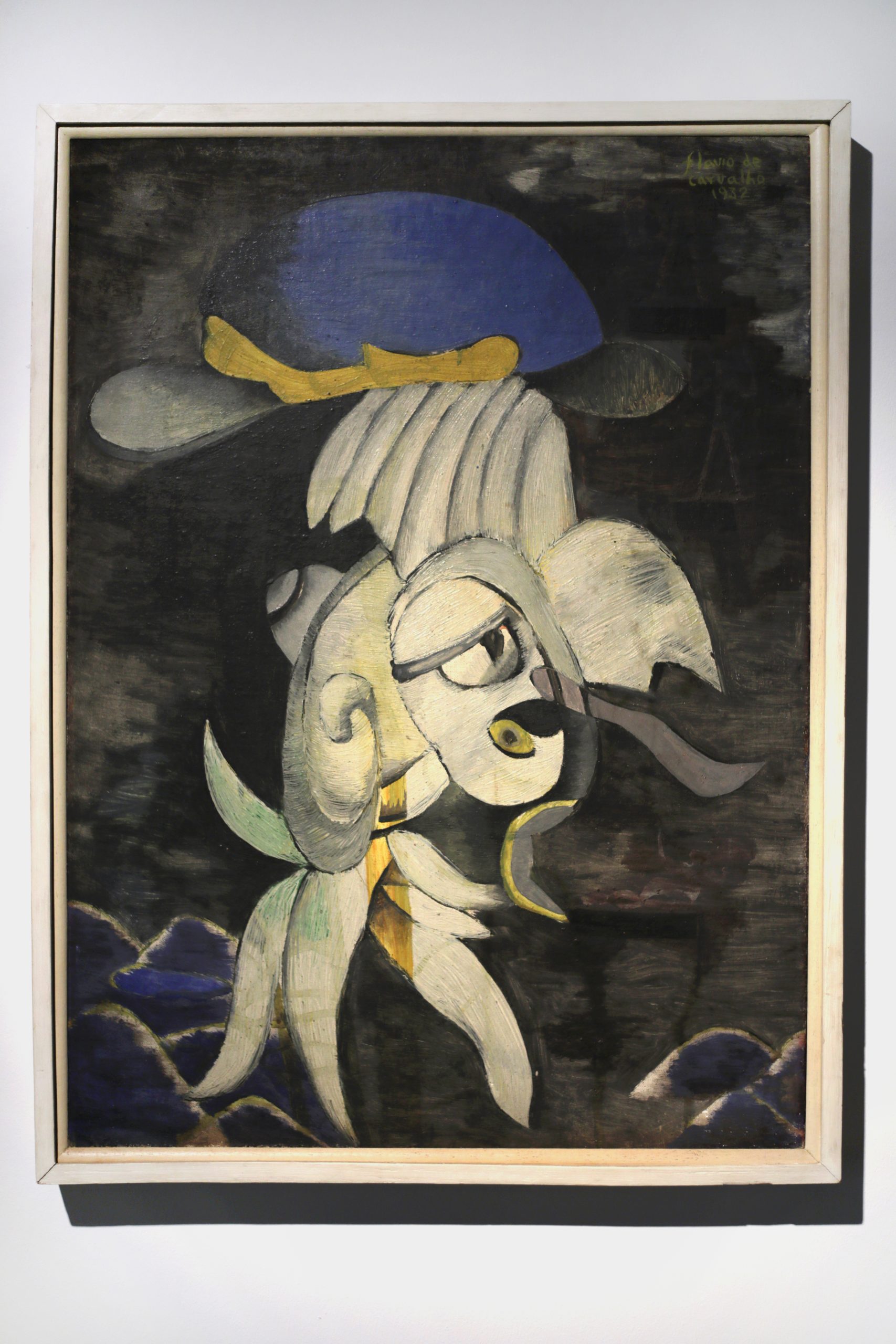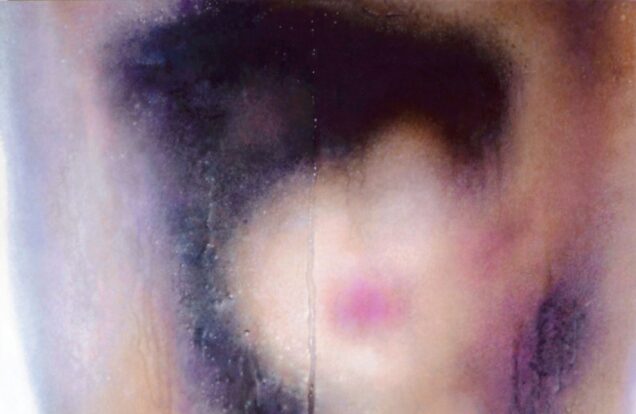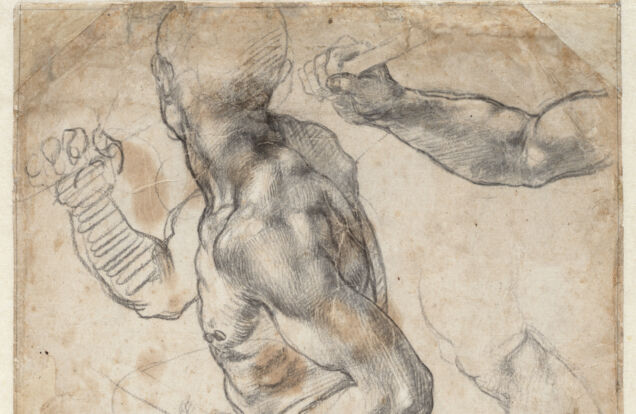THE BERLIN BIENNALE
Queer + Women's Art Dominate
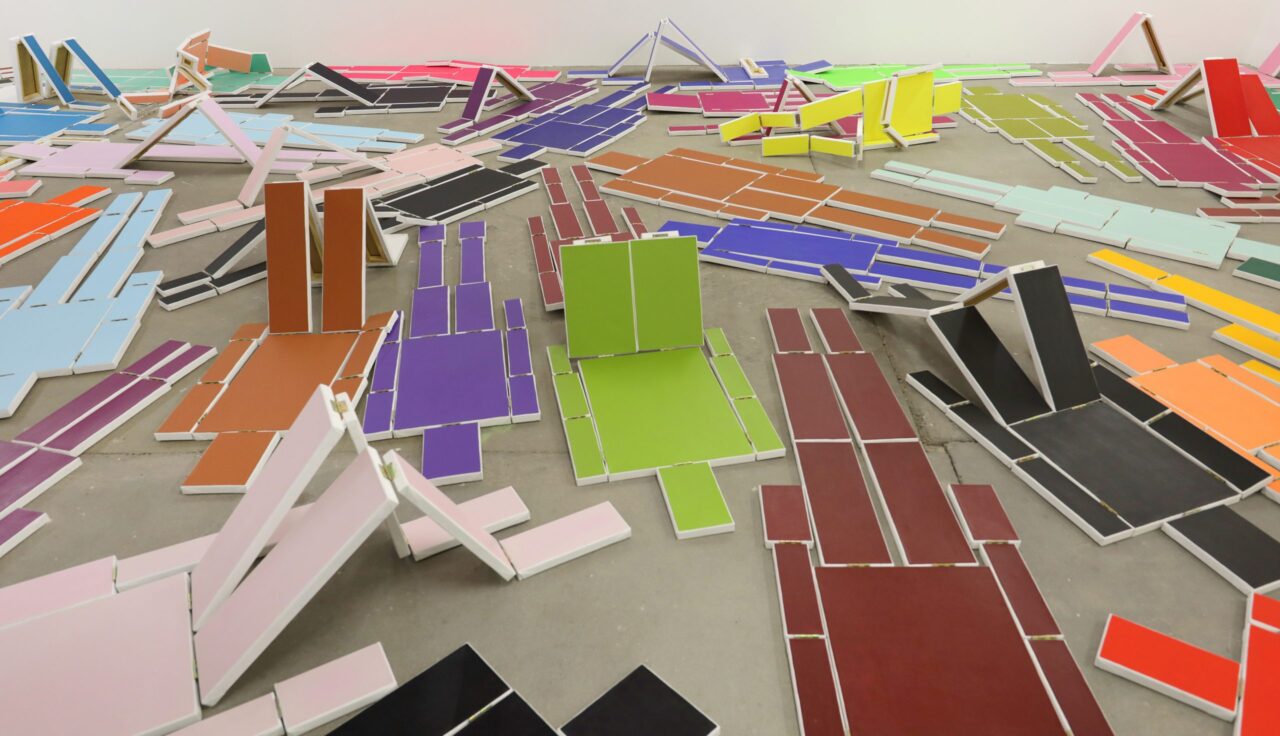
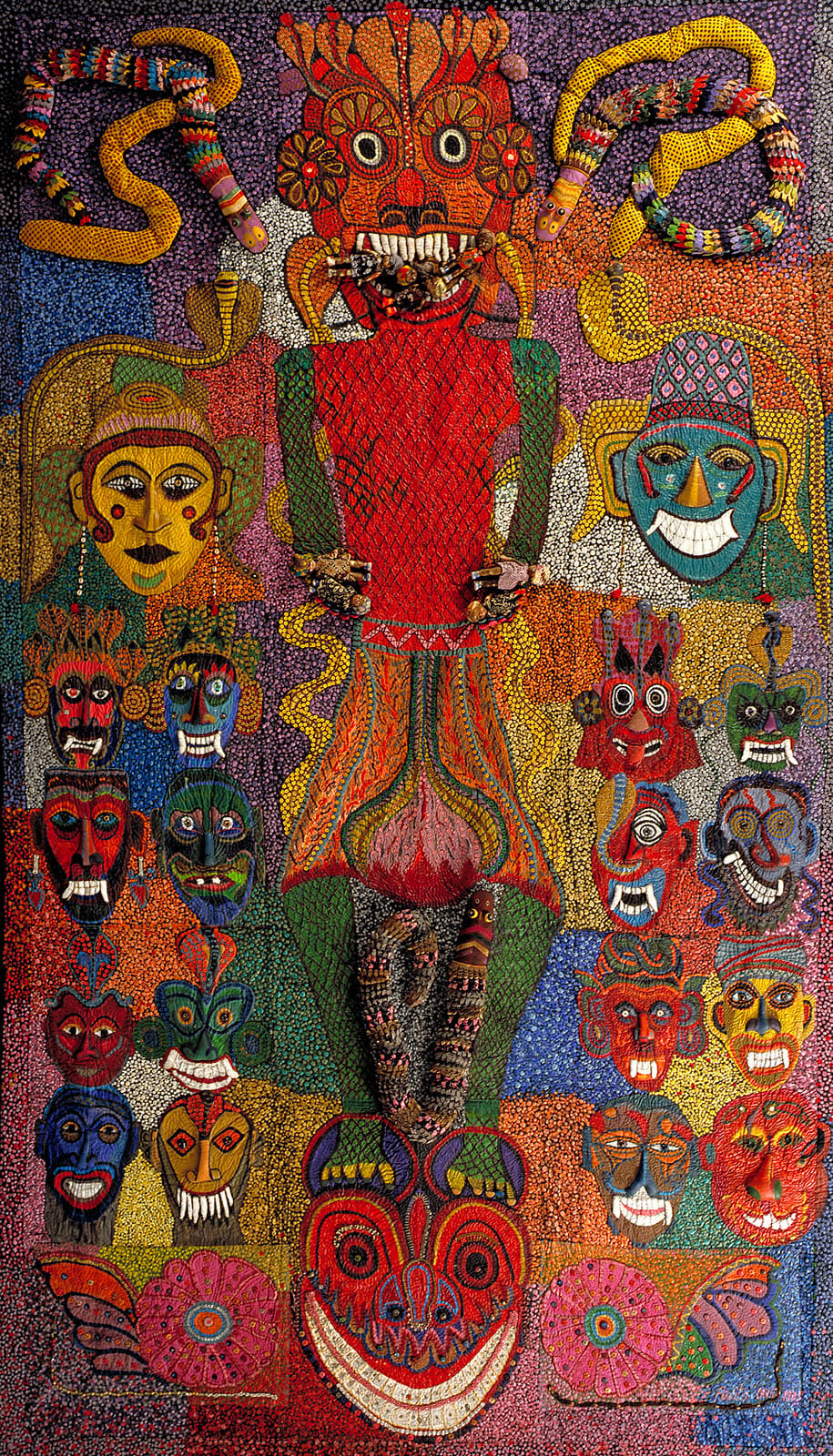
There was never any doubt that the 11th Berlin Biennale for Contemporary Art was going to be an event like no other. From its already extremely relevant and urgent themes to postponement due to the pandemic, its epilogue took place beginning September 5th. However, many of the represented artists were unable to attend in person. It is one of the most important large-scale contemporary art events globally, and one of the few not canceled this year.
The opening of the biennial began over a year ago with three sequential “lived experiences” (known as exp. 1: The Bones of the World, exp. 2: Virginia de Medeiros – Feminist Health Care Research Group, and exp. 3: Affect Archives. Sinthujan Varatharajah – Osías Yanov), all of which took place between September 2019 and July 2020. No one had foreseen that the critical issues explored (which include injustices based on race and gender, postcolonial struggles, queer-phobia, and the devastating effects of patriarchal capitalism and climate change on different marginalized communities) would become more visible and pressing during the pandemic. The fourth and final step in the biennial is an epilogue titled The Crack Begins Within, from September 5th through November 1st. It was postponed in June. It also brings all of the participating artists and works together throughout four Berlin venues, a city with a flourishing arts and culture scene that more artists are drawn to each year.
The title, The Crack Begins Within, was inspired by the words of poet Iman Mersal. It relates to the exploration of cracks that both separate and join humans together. It also alludes to the concept of destroying the old and bringing in the new. The system’s gaps come to light as the different artists’ works are seen together, interacting with one another. Referring to this exchange of ideas, organizers have stated that: “For the epilogue of the 11th Berlin Biennale, the same principles were maintained that have always guided the approach: contemplating the idea of exchange as an overall concept that weaves together both curatorial and pedagogical practices. Trying out ways of communicating, of gathering cautiously, of listening in solidarity — rethinking established approaches and building fleeting learning communities.” The core issues explored over four events or “chapters” and held at four separate venues: The Antichurch (at the KW Institute for Contemporary Art), Storefront for Dissident Bodies (at daadgalerie), The Inverted Museum (at Gropius Bau), and The Living Archive (at the architectural complex of ExRotaprint).
This edition’s seventy-six participants come from all over the world, with particular emphasis on representing the Global South and women and artists that identify as queer. Sadly, the Coronavirus pandemic has prevented many of them from attending the event in person. In a video release sent to the media, Berlin Biennale director Gabriela Horn stated: “It makes us extremely sad that we cannot welcome most of the participants personally at this year’s biennale because they live in high-risk areas.” The curators, María Berríos, Renata Cervetto, Lisette Lagnado, and Agustín Pérez Rubio, invited a variety of artists who lack representation in the European art scene, and, unfortunately, some of them can’t physically be there for the occasion. As they mention in the curatorial statement: “many of those whose works are present in the exhibition are in the South and continue living under lockdown, in places where professional healthcare is a luxury, safeguarding only the privileged.”
Although the pandemic has drastically changed the event’s course, it has simultaneously highlighted inequality issues and raises even more. The biennial has always provided a space for curators and artists to be experimental and progressive with their present ideas. This year, it would be hard to make a bigger and more explicit statement about the world we live in. Artists participating include Virginia Medeiros, Osías Yanov, Florencia Rodriguez Giles, Galli, Christine Meisner, Cian Dayrit, Mariela Scafati, Young-jun Tak, Małgorzata Mirga-Tas, Kiri Dalena, Pacita Abad, Delaine Le Bas, Francisco Copello, and Andrés Pereira Paz, among many others.
